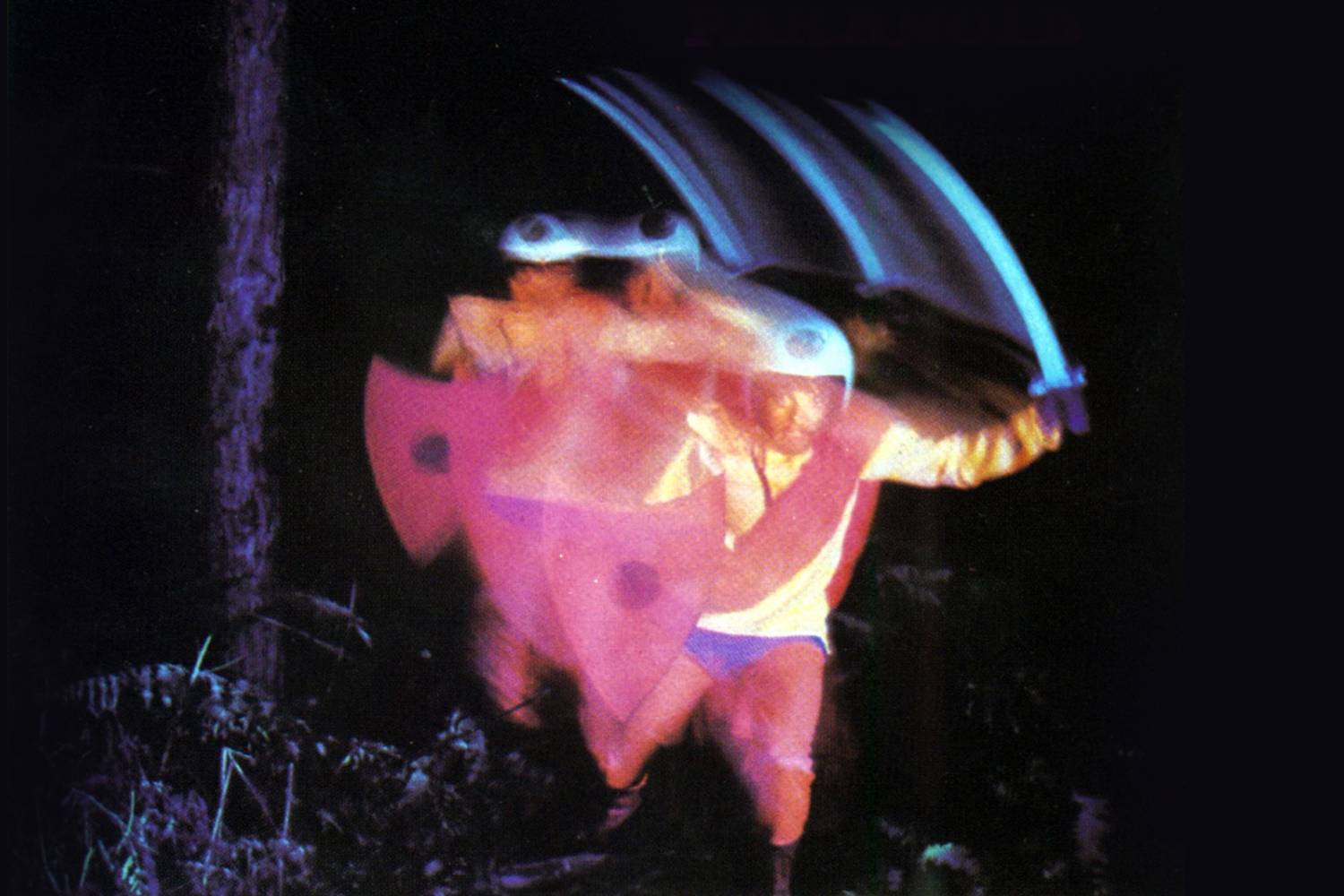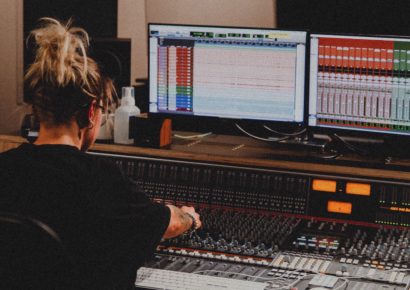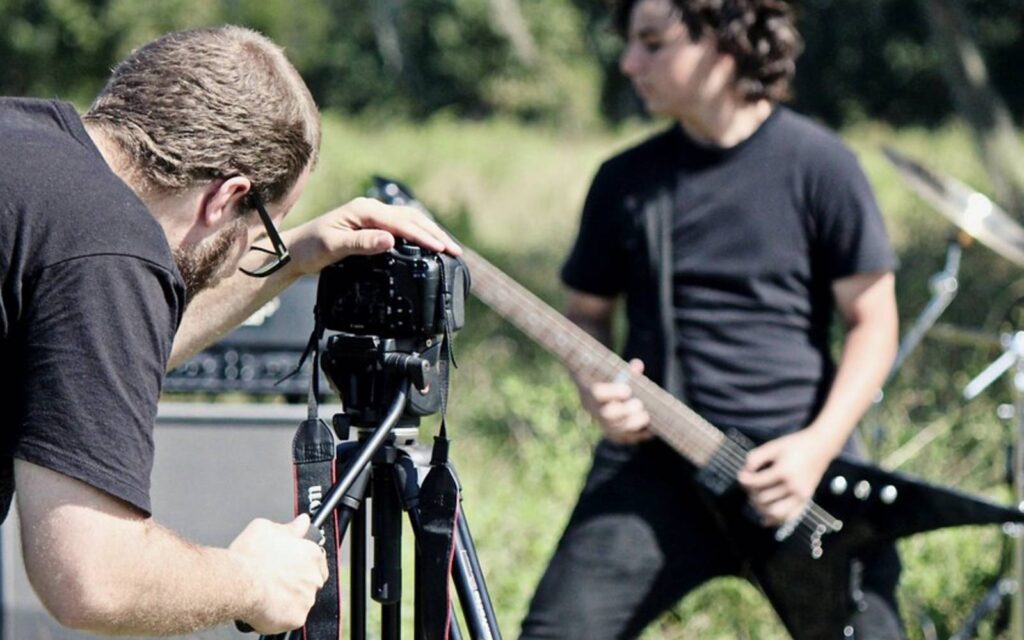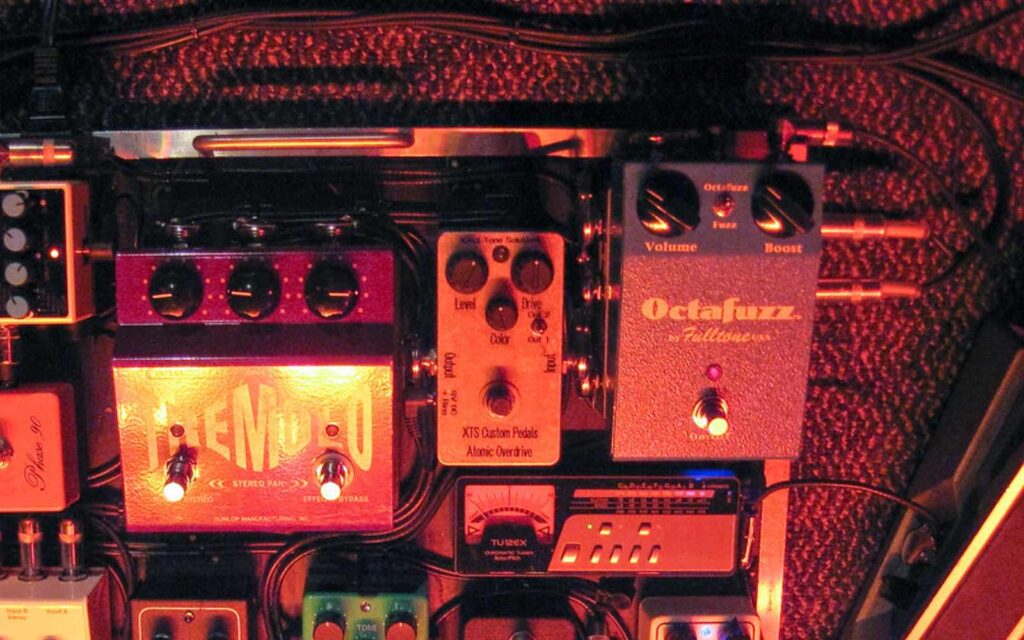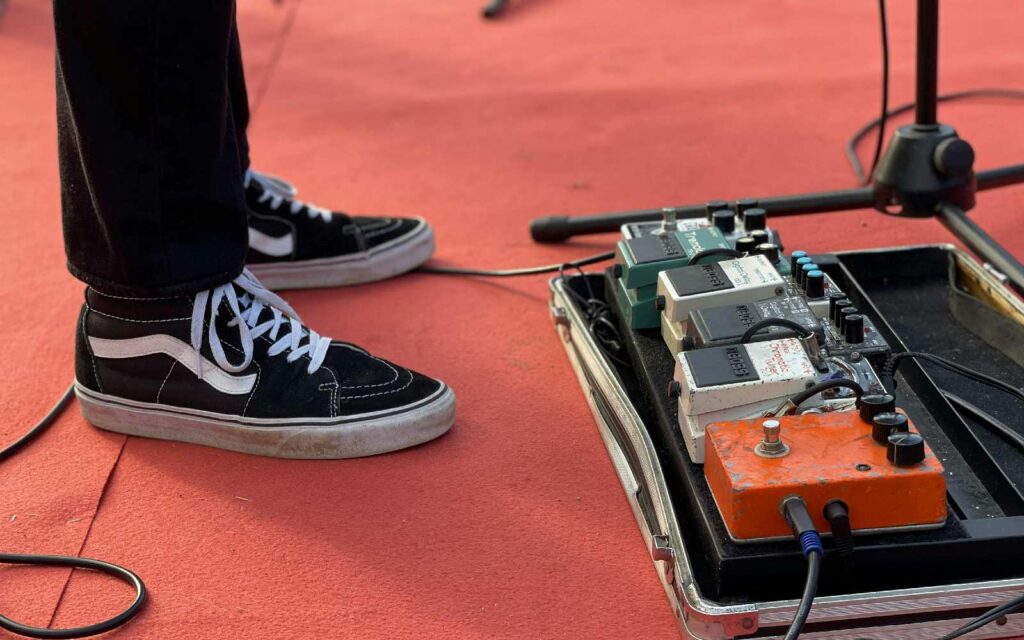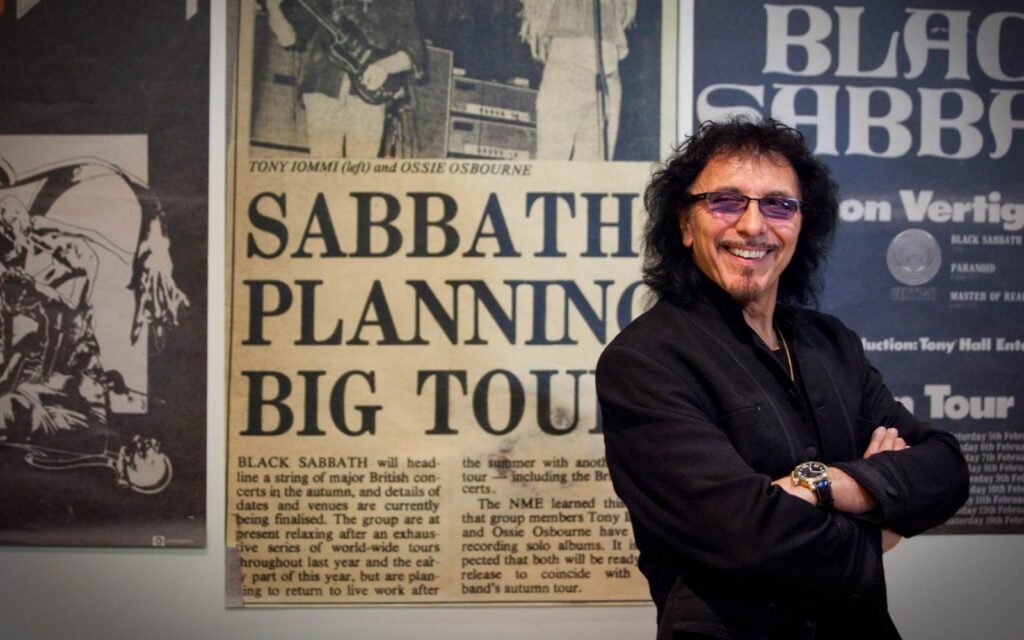Looking back at one of the most influential records of the '70s.
Today we celebrate the 50th anniversary of Black Sabbath’s Paranoid. The album helped elevate heavy metal to new heights, showcasing the fluidity of the genre and pioneered a formidable sound that has laid the foundations for many other movements to come.
After releasing their eponymous debut album only four months prior, Black Sabbath wanted to capitalise on their recent creative streak. Their first album had been slammed by critics as being too raw-some even stating that they were a rip off of Cream.
Read up on all the latest interviews, features and columns here.
Rightfully ignoring this, the band stuck to their guns and only honed their sound further, in turn producing the template for genres like heavy metal, grunge, thrash and stoner rock. Sabbath’s magnum opus is exhilarating and powerful: obliterating in every sense. An album for the everyday man, with songs about the working class struggles the band were only too familiar with seeing in their native Birmingham, as well as the problems of depression addiction in the years that followed the devastating effects of World War Two upon the UK. In every way possible, Paranoid is horrifically beautiful, realistically reflecting the ugliness of our world in eight magnificent songs.
Beginning with the wailing guitars of ‘War Pigs’ and a distant alarm that hauntingly cuts in through the mix, the opening track begins slowly, before being suddenly exploding into its pulverising guitar refrain, pacing hi-hats and Ozzy Osbourne’s hypnotising voice, bellowing out from below. Black Sabbath then begin to fully unleash, with the four members battling out to show off their inimitable chops.
Picking up in crescendo, Osborne narrates: ‘Politicians hide themselves away, they only start the war, why should they go out to fight? They leave that role for the poor’. One can see clearly from the beginning, that this Sabbath album was meant to be different. Politically charged, Tony Iommi showcases flashes of brilliance, using his famous ‘The Monkey’ Gibson SG, while Bill Ward works the kit with a ferocious edge, to say the least.
Like its namesake, the song ‘Paranoid’ is also the album’s most intense. Written originally as a filler song, Tony Iommi worked out the riff in half an hour while the rest of the boys went for last drinks at the pub. A remarkable feat, as the song instantly became Sabbath’s most well known, hitting the charts and even causing the name of the album to be changed from ‘War Pigs’ after its success further manifested – even though the cover art makes references to a soldier, it was a no brainer for Sabbath to make the change.
Ward’s bass drum takes an absolute beating through the track, while Iommi’s iconic riff, is backed up with even more sensational bass playing by Geezer Butler. Osbourne just rocks out, laying an upbeat vocal take over the heavy sound to act as a perfect metaphor for what this album is all about: finding joy in the evil in the world.
‘Planet Caravan’ begins in stark contrast. A hypnotising piece, the four-minute track, sends listeners into a soothing place. Ozzy’s vocals hypnotising, utilising a Leslie speaker to make listeners feel like they’re floating through space. Tom Allom, who engineered the song, features on piano. Ward calmly plays the congas, with a spluttering of Geezer’ Bass helping create the ethereal sound.
The atmospheric jangle of Iommi’s guitar then rides off till the end, producing one of the best guitar moments in all of rock. Geezer Butler stated in an interview: “We liked it, nice and relaxing… Good to get stoned to.’ Perfectly encapsulating the very essence of the four-minute track.
‘Iron Man’ is hellish and brutal. A fuzzy, electrifying guitar and bass plunge through, turning into one of metal’s most iconic riffs. Ozzy screams: ’Is he alive or dead? Has he thoughts within his head?’
The key to Sabbath’s heavy guitar playing was due to an accident Iommi had experienced during his adolescence. Working at a sheet metal factory, the budding guitarist lost the tips off two of his fingers, leaving him to get prosthetics so he could continue to play guitar. Ironically, this resulted in helping create the drudge and heaviness that has created Sabbath’s iconic sound.
The band finally end with one last uproar, with such speed and precision. Geezer, Ward and Iommi unite, sounding like they’re playing their last performance on Earth.
There are not many bands with the ability to make albums like Black Sabbath. Only given six days to record, it’s really a testament to their skill to pump out an album such as this. Compared to their one recording day, for their first album, the band felt like six was a walk in the park. An anthem for the apocalypse, ‘Electric Funeral’s’ wining riff makes the thought of living through a nuclear holocaust very real.
‘Hand of Doom’ on the other hand, lays deeply in Sabbath’s blue roots, before placing their own twist on the genre. The slow pace looms over before Sabbath rips in every now and then with bursts of ferociousness. The fierceness is carried on to ‘Rat Salad’, which begins like a distorted Jimi Hendrix Experience song, sees Ward’s drumming at its tightest, playing with his sticks the other way round to create a thicker sound. This album solidifies Bill as not only one of the best drummers of rock and roll, but in the upper echelon of drummers to ever exist.
The Prince of Darkness’ incantatory voice and melodic prowess takes a hold on all who listens. This is the case especially for ‘Fairies Wear Boots’. Geezers potent lyricism has often been met with Ozzy who quickly claims that he had written most of the bands lyrics. Butler replied in an interview: ‘Ozzy didn’t write nothing. He can’t even read, so how could he write a song?”
The fact is, that the pair with their own respected talents fed off each other, making a unique song writing team matched only by a few. On the finale, Sabbath carries on in their classic fashion. Geezer Butler who is formally a guitar player, only made the switch to bass because Tony Iommi insisted that he would not play with another guitar player. This took the band to new lengths, no more evident than on the closing track.
Paranoid is Black Sabbath’s best album. Not only for their outstanding music ability, but for the meaning behind each song. This was the time of the band where they lived what they had written in their songs. Each of its members faced the prospect of working in factory’s their whole lives in the industrial sector of Birmingham. Unnecessary wars had constantly been fought for their whole lives. Their generation’s only outlet was drugs and alcohol, which ultimately led to problems with addiction. Facing these things, the band made Paranoid, so the ordinary person could get by – 50 years on, it’s just as poignant as it ever was back then.
Listen to the legendary album right here.
